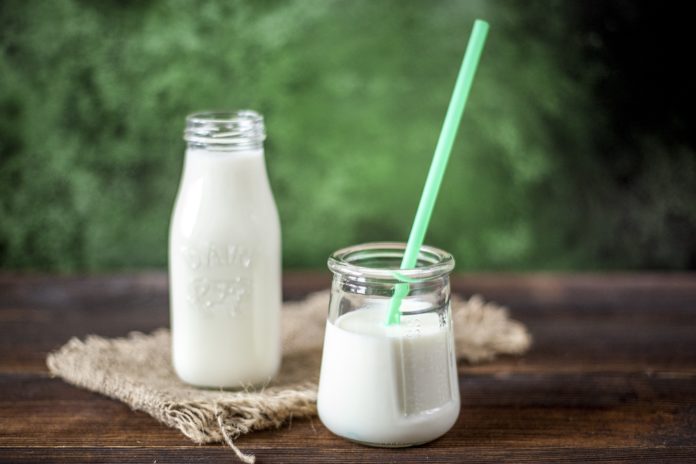
Ingestion of milk and dairy products at different life stages can help prevent various chronic diseases
Adequate consumption of milk and dairy products at different life stages can help prevent various chronic diseases.
The study showed a positive link between moderate intake of milk during pregnancy and birth weight, length, and bone mineral content during childhood. In addition, a daily intake of milk and dairy products among elderly people may reduce the risk of frailty and sarcopenia – the loss of muscle mass and strength as a result of ageing.
The findings of the review were recently published in Advances in Nutrition.
Researchers reviewed 14 articles dealing with the role of milk and dairy products in the prevention of chronic diseases (cardiovascular, metabolic syndrome, colon or bladder cancer, and type 2 diabetes). It was conducted by scientists from different Spanish, European, and American universities, and coordinated by Professor Angel Gil of the University of Granada (UGR) and Professor Rosa M. Ortega of the Complutense University of Madrid.
It also examines the effects of dairy products on growth, bone mineral density, generation of muscle mass, and during pregnancy or breastfeeding. Milk and dairy products contain multiple nutrients and contribute to meeting the nutritional requirement for protein, calcium, magnesium, phosphorus, potassium, zinc, selenium, vitamin A, riboflavin, vitamin B12, and pantothenic acid.
Salient findings of the study are :
- Higher intake of dairy products presents no clear association with a decrease in total osteoporotic fracture or hip fracture risk, but there is an association with decreased vertebral fracture risk.
- The total intake of low-fat dairy products was associated with a reduced risk of metabolic syndrome, supporting the view that the consumption of dairy products does not increase the risk of cardiovascular disease and could have a slightly protective effect.
- Inverse associations were observed between dairy product consumption and ischemic heart disease and myocardial infarction. Current scientific evidence also suggests that the consumption of such products, especially low-fat dairy and yoghurt, may be associated with a lower risk of type 2 diabetes.
- Moderate consumption of this food group is associated with a lower risk of colorectal cancer and bladder cancer, while no associations were found for prostate cancer. Nor has the intake of milk or dairy products been shown to demonstrate a proinflammatory effect on overweight or obese individuals, or on those presenting other metabolic abnormalities.
Fortification of dairy products with phytosterols and omega-3 fatty acids appears to constitute a suitable strategy for improving cardiometabolic risk biomarkers.













